Scholar GPT - AI-Powered Research Assistant
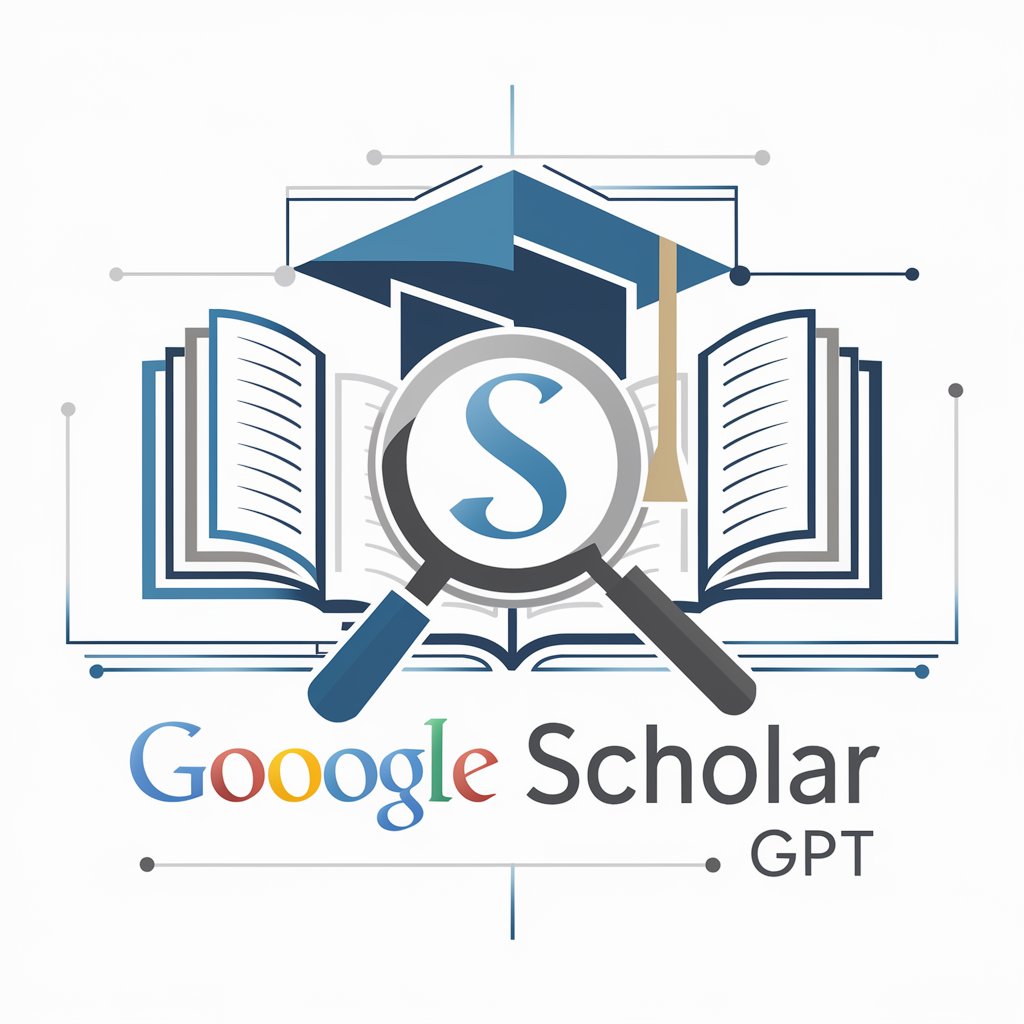
Welcome to Scholar GPT, your partner in academic research.
Empowering Research with AI
Explore recent advancements in machine learning for healthcare applications.
Analyze the impact of climate change on biodiversity in tropical regions.
Summarize the latest research findings on renewable energy sources.
Discuss the implications of artificial intelligence in modern education.
Get Embed Code
Introduction to Scholar GPT
Scholar GPT is a specialized version of ChatGPT designed to assist with academic research and scholarly activities. It leverages online access, notably to Google Scholar, to provide real-time, evidence-based information from academic journals, conference papers, theses, and other scholarly literature. The core design of Scholar GPT is focused on facilitating the academic community by offering efficient and effective access to a wide range of scholarly articles and data. It is capable of interpreting complex research queries, analyzing academic code, handling PDF documents, and suggesting alternative access points for papers not readily available. An example scenario includes a user querying for the latest research findings in quantum computing. Scholar GPT would then access the most relevant, recent, and highly cited papers, offering summaries and potentially suggesting related research topics or methodologies. Powered by ChatGPT-4o。

Main Functions of Scholar GPT
Real-time Access to Scholarly Information
Example
Accessing the latest studies on COVID-19 vaccines' efficacy against new variants.
Scenario
A researcher preparing a grant proposal needs current data to support the need for continued vaccine development.
Interpretation of Academic Code and Analysis
Example
Interpreting Python code used in a machine learning study on image recognition.
Scenario
A computer science student struggles to understand the implementation of a neural network in a paper they are reading for their thesis.
Alternative Access Suggestions for Papers
Example
Providing DOI links, preprint server information, or library access options when a paper is behind a paywall.
Scenario
A postgraduate student finds a reference to a crucial but inaccessible paper for their literature review.
Scholarly Document Handling
Example
Downloading and summarizing key findings from a PDF of a conference paper on renewable energy solutions.
Scenario
An environmental scientist needs a concise summary of recent advancements in solar panel technology presented at a conference.
Ideal Users of Scholar GPT Services
Academic Researchers
Individuals engaged in research across various scientific disciplines who require up-to-date literature, data analysis, and publication assistance. They benefit from Scholar GPT by gaining efficient access to a broad range of academic materials and support in interpreting complex research findings.
Students
Undergraduate, postgraduate, and doctoral students who need help with literature reviews, understanding academic content, or assistance with academic writing. Scholar GPT can aid in simplifying complex concepts, providing study materials, and suggesting relevant research articles.
Educators and Lecturers
Academic professionals preparing course materials or looking to stay updated with the latest research in their field. Scholar GPT assists by providing summaries of pertinent studies, suggesting reading materials, and offering insights into cutting-edge developments.
Policy Makers and Analysts
Individuals in governmental or non-governmental organizations who rely on scholarly research to inform policy decisions. They benefit from Scholar GPT by accessing the latest studies relevant to social, economic, environmental, or technological policies.

Guidelines for Using Scholar GPT
Initiate Your Journey
Access a trial at yeschat.ai freely, with no requirement for ChatGPT Plus or sign-up, simplifying the initial experience.
Identify Your Needs
Clarify your query or research topic to leverage Scholar GPT's capabilities effectively, whether it's for academic research, article summarization, or data analysis.
Engage with Precision
Use specific, detailed questions or topics to obtain accurate and comprehensive responses. The more precise your query, the better Scholar GPT can assist.
Evaluate Sources
Critically assess the sources and references provided by Scholar GPT for relevance and credibility to ensure the reliability of your research findings.
Expand Your Inquiry
Don't hesitate to ask follow-up questions or request further clarification to deepen your understanding or explore related areas of your topic.
Try other advanced and practical GPTs
Scholar Scribe
Empowering Research with AI
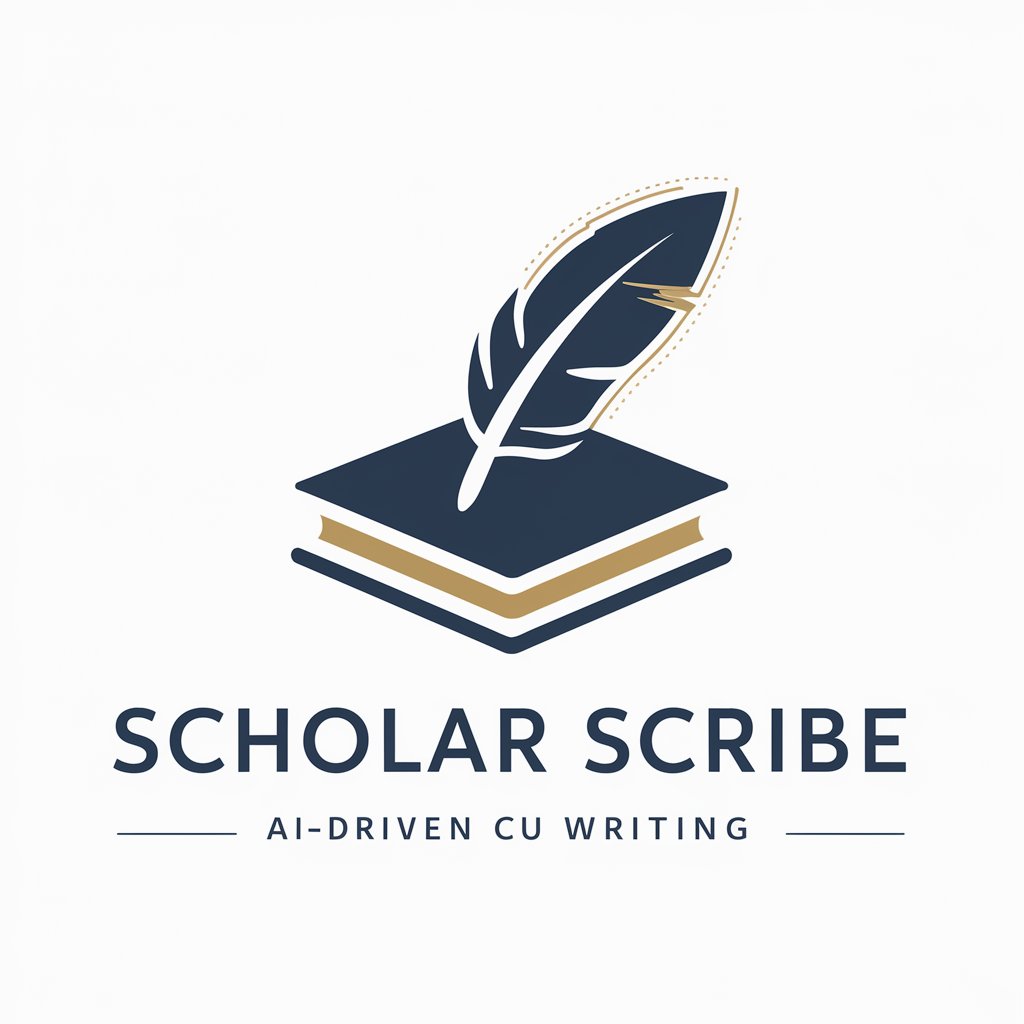
Simple Scholar
Unlock insights with AI-powered analysis.
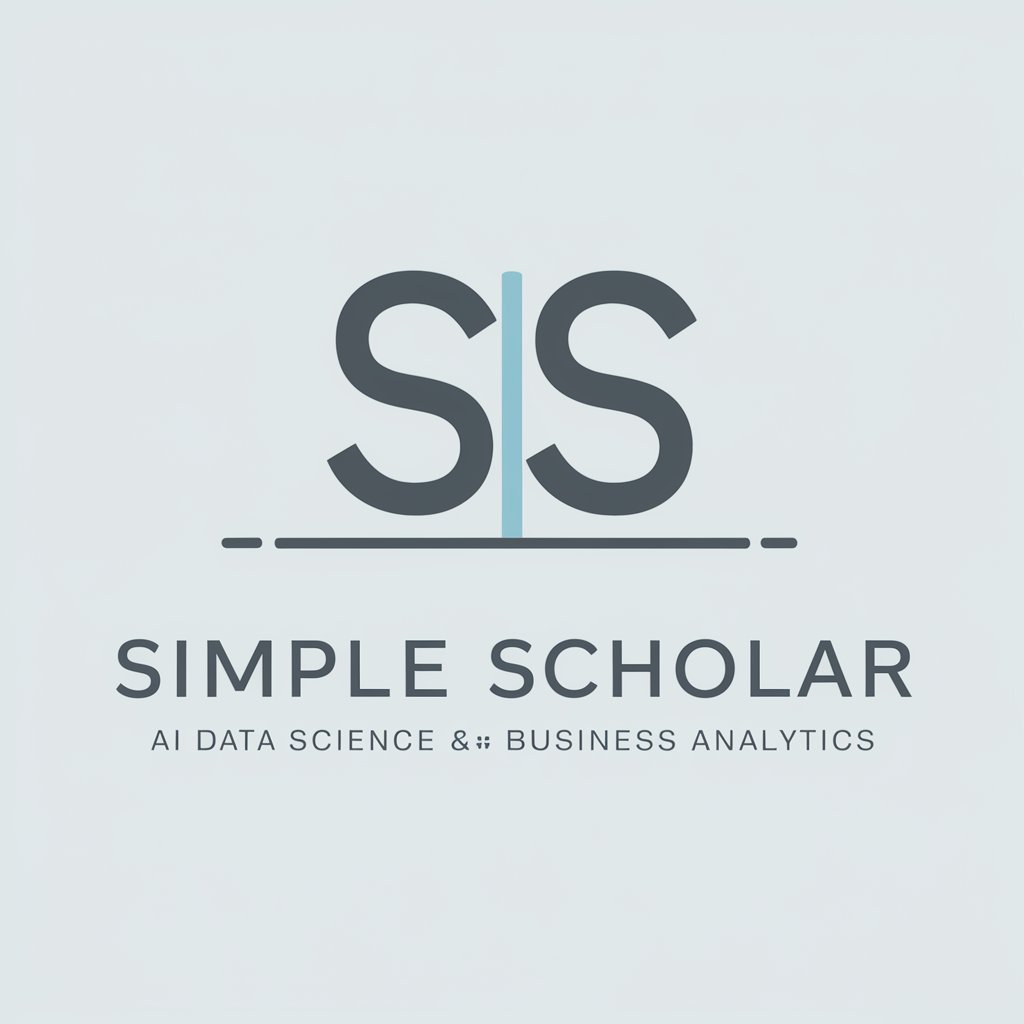
Summary Scholar
AI-powered academic insights at your fingertips.
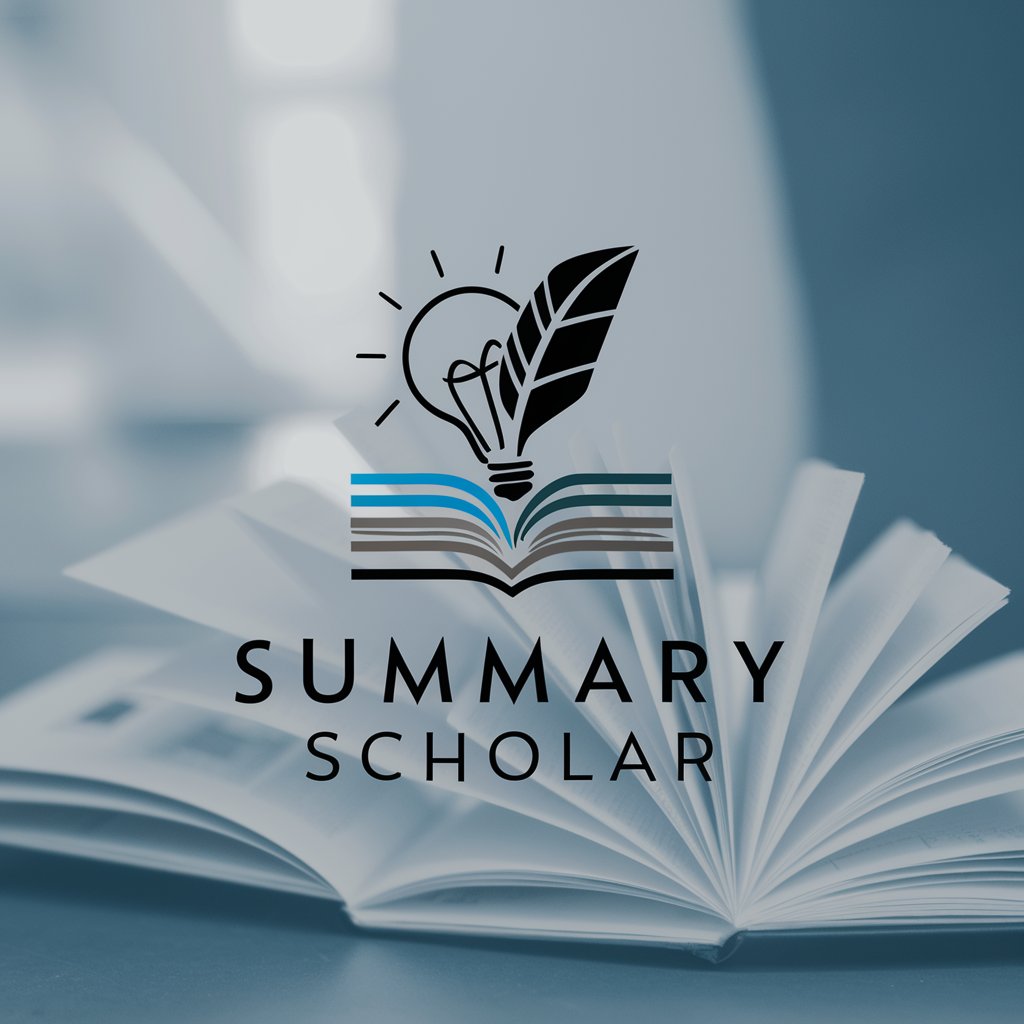
Omnipotent Scholar
Powering Your Scholarly Pursuits with AI
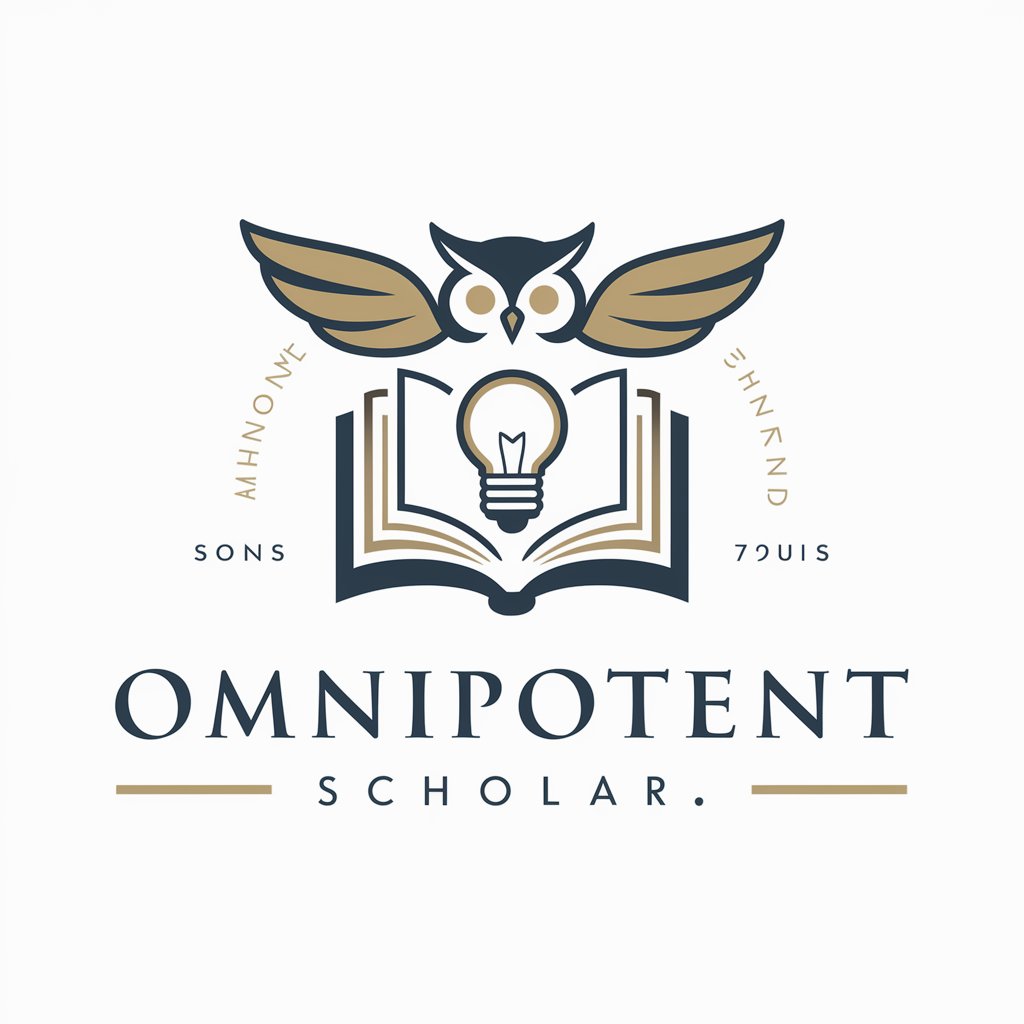
Seerah Scholar
Explore Islamic history with AI-powered insights
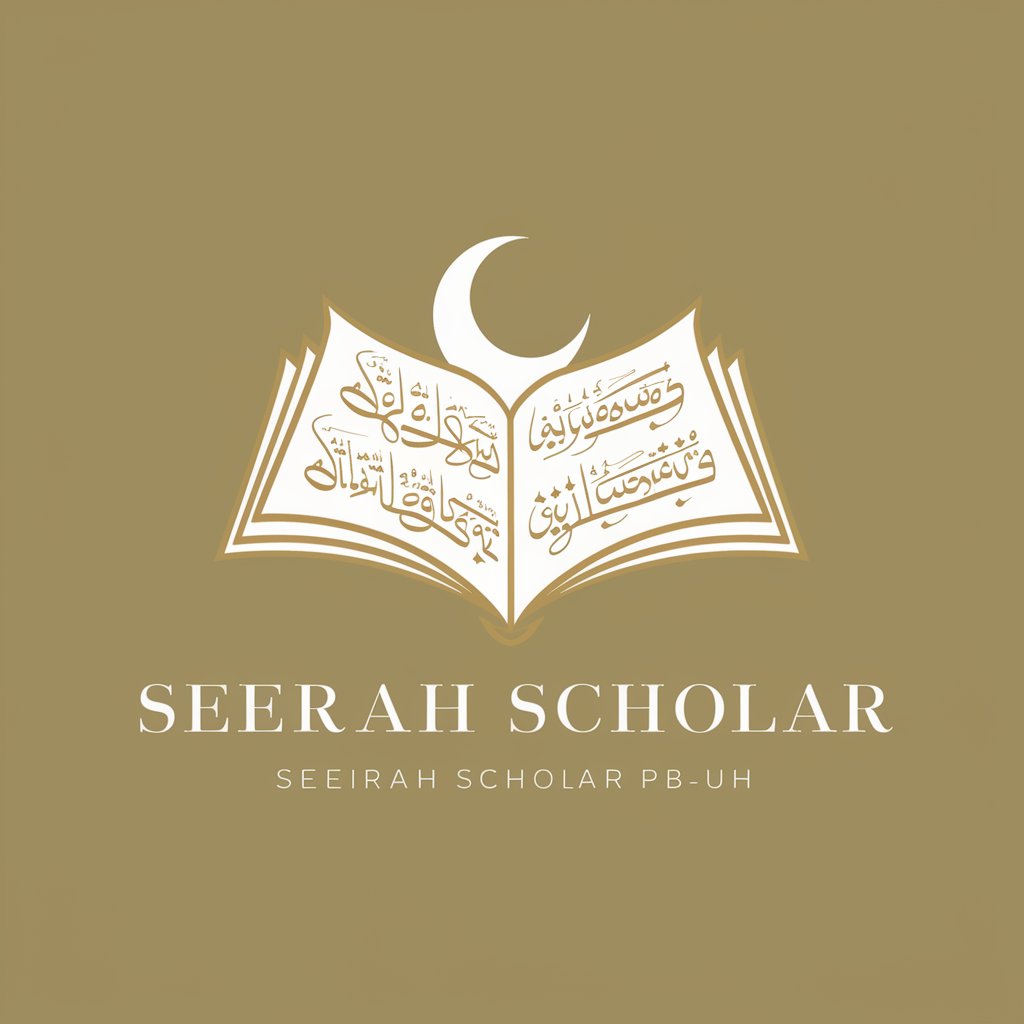
Legal Scholar
Empowering legal education with AI

イラストをアップロードすると描かれている登場人物にセリフを創作します。
Bringing Characters to Life with AI
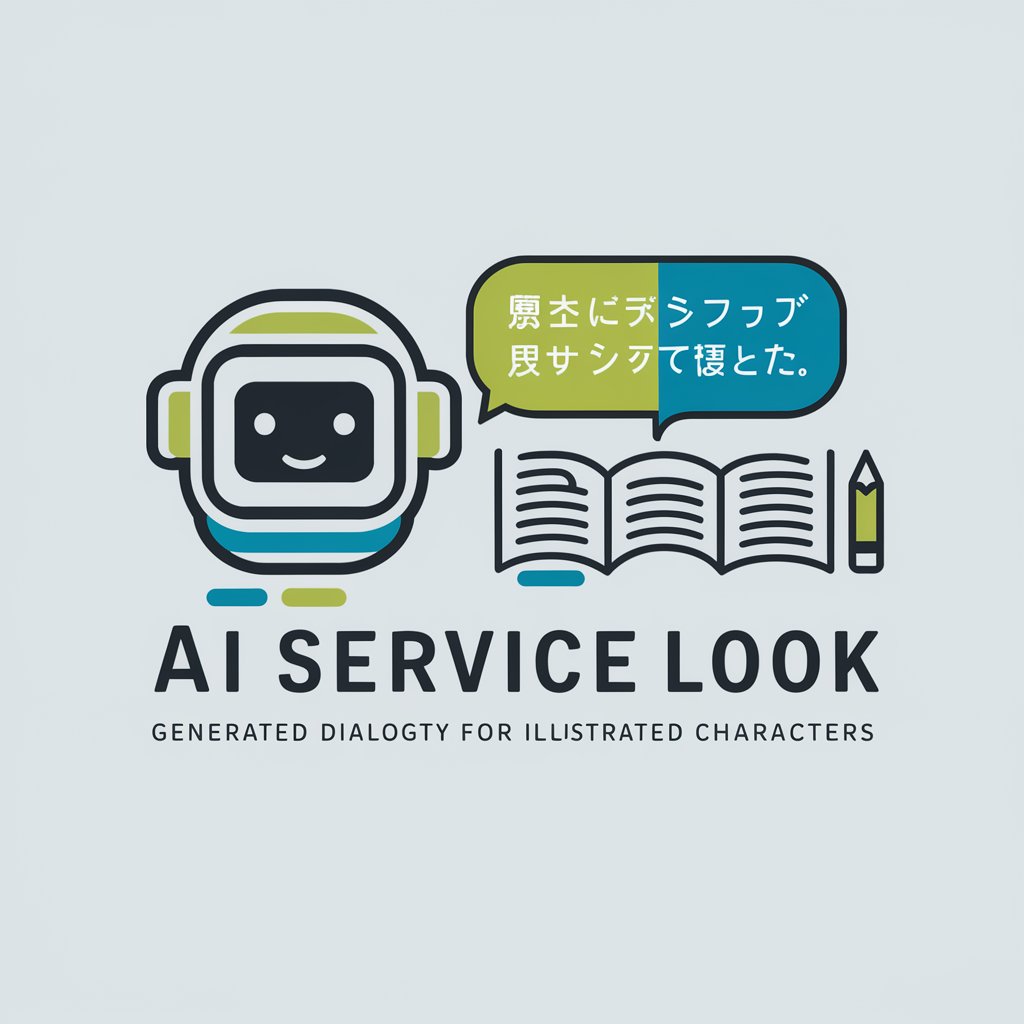
Blog Visual Artist
Visualize Your Thoughts with AI
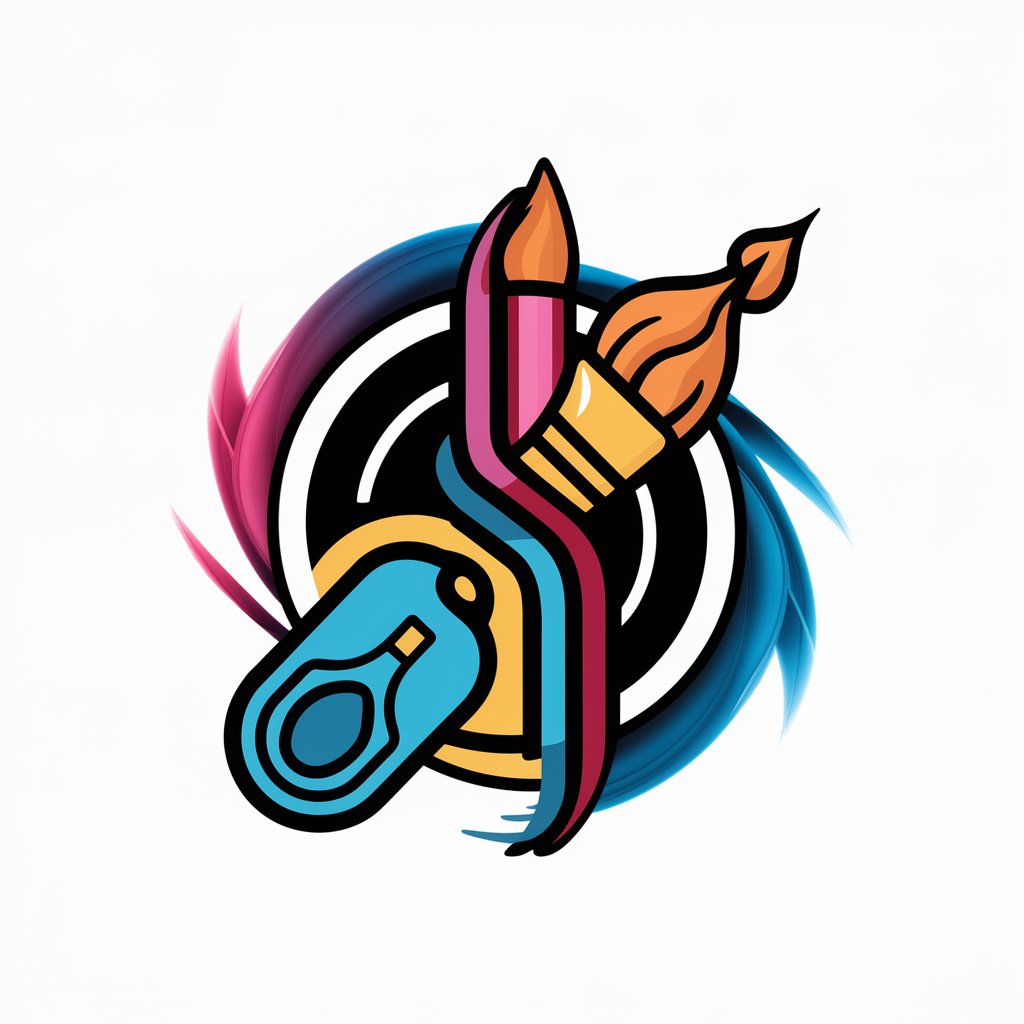
ことわざ格言くん
Unravel the wisdom of Japan with AI

どんな言葉でもとりあえず美女を生み出すマン
Crafting Realistic AI-Driven Portraits

Flutterエンジニアをサポート
Elevate your Flutter skills with AI-powered support

エンジニアサムライ
AI-Powered Expertise in IT and Business

Frequently Asked Questions about Scholar GPT
What is Scholar GPT?
Scholar GPT is an AI-powered tool designed to assist with academic research, providing real-time information from Google Scholar and interpreting academic-related content, including articles and data analysis.
How does Scholar GPT handle articles not available on Google Scholar?
It suggests alternative access methods or databases where the paper might be available, facilitating broader research avenues beyond Google Scholar's limitations.
Can Scholar GPT assist with academic writing?
Yes, it offers support in structuring academic papers, identifying key literature, and ensuring citations are correctly formatted, acting as a comprehensive writing assistant.
Is Scholar GPT suitable for data analysis?
Absolutely. Scholar GPT can interpret and provide guidance on code related to data analysis, making it a valuable tool for researchers needing assistance with statistical or computational methodologies.
How does Scholar GPT ensure the quality of its sources?
It considers factors like publication date, citation count, and clinical importance, aiming to provide the most relevant and authoritative sources for your research needs.
